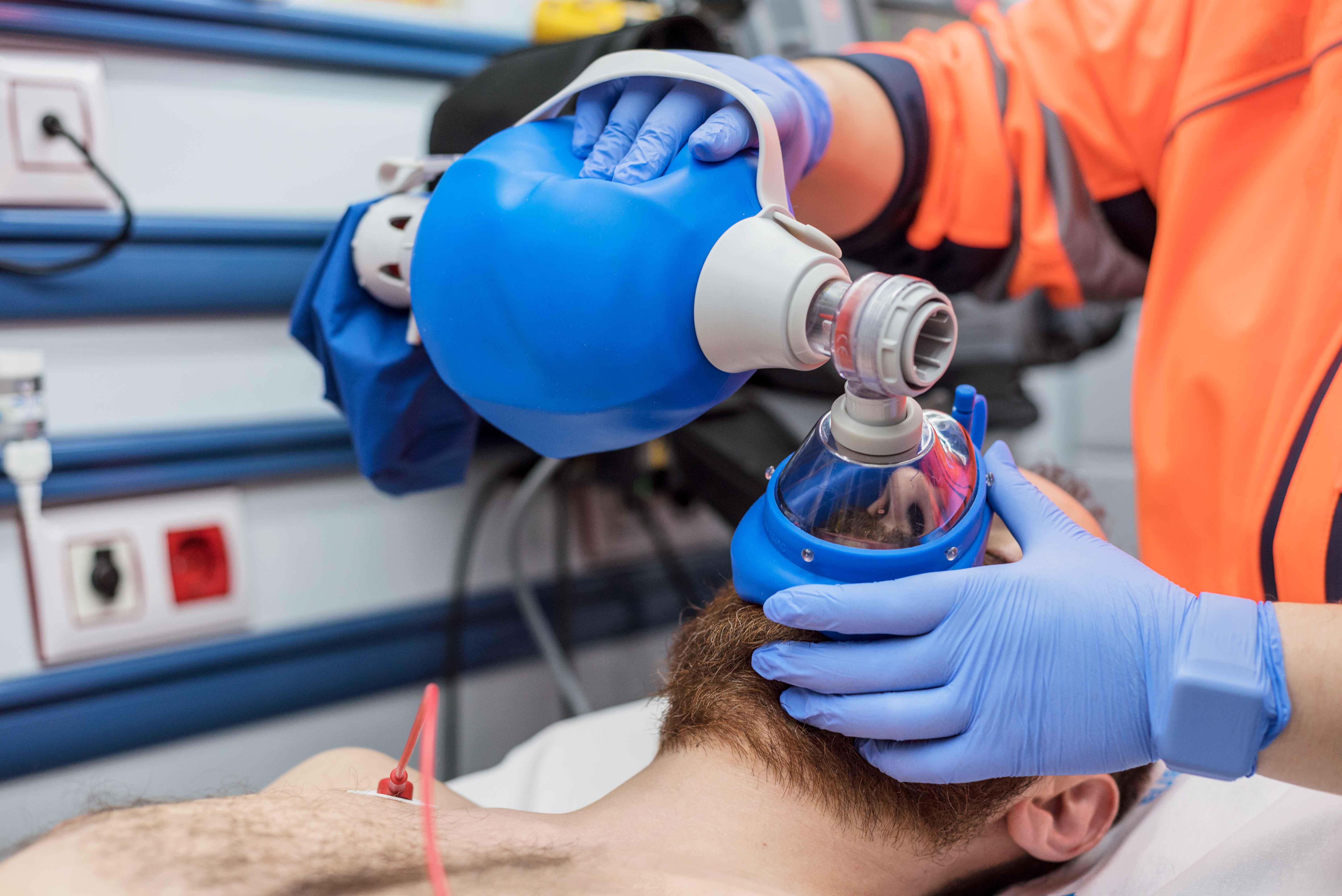Key Communication Skills in Nursing Careers

Nurses are in constant communication with patients, their loved ones, and other care team members, often transmitting sensitive information with the potential to impact patient safety and clinical outcomes directly. Good communication is critical to supporting safe and effective care and carries tremendous weight with the patient experience.
When communication is absent or handled badly, patients can quickly lose trust, feel marginalized, or refuse to cooperate in the healthcare process. Having accurate information and basic knowledge of best practices is key, and continuing education is one of the best ways for nurses to keep their skills sharp.
Additionally, how nurses interact with their colleagues is equally important for creating optimal outcomes, and it’s always worth refreshing the basics of professional and effective communication skills in nursing. Here are some common considerations for maintaining positive dialogue with patients and colleagues that promote success in healthcare environments.
Nonverbal Communication
Nurses are often the bearers of bad news, unanswered questions, and unwelcome realities, and how patients accept and respond to those interactions can have a profound impact on the eventual outcome. If nurses present themselves in an intimidating, confusing, or uncomfortable way, a patient may respond by resisting care or mistrusting staff.
Nonverbal communication skills in nursing should translate to feelings of comfort, trust, and security. When talking with patients, consider sitting down and even leaning forward when speaking or listening to project active and compassionate engagement. When entering the room, smiling and maintaining eye contact with patients lets them know you’re focused on their needs.
Being mindful of nonverbal communication is important when interacting with colleagues as well. Disagreements and frustrations happen in every workplace, and healthcare facilities are notoriously high-stress. Nurses should avoid passive-aggressive behaviors like eye-rolling or shifts in tone when they disagree with colleagues and strive to maintain professional and respectful dialogues that promote teamwork and positivity.
Verbal Communication
Verbal communication carries all the fine details essential for safe nursing practice. When speaking with patients and colleagues, clarity is key. Mistakes with serious consequences can happen quickly, and nurses need to make conscious, deliberate confirmation of details and instructions a routine in daily interactions.
Part of maintaining clarity in conversations is knowing your audience. Age, cognitive development, culture, and health literacy all play into how well someone might understand what you’re talking about. Nurses need to be aware of potential barriers and approach these situations with a heightened sense of cultural competence and humility.
When interacting with others, it’s also important to take note of your feelings and how that might influence the conversation. If you’re having a particularly frustrating day, it’s easy to rush through the conversation with some rapid-fire information or instruction. However, that can leave a patient feeling confused or missing important details relevant to their care.
Finally, all healthcare professionals should use language that isn’t excessively complicated or overly casual with patients. Highly technical medical terminology is often impenetrable and intimidating, and nurses should strive to present these things in relatable language. On the other hand, always refrain from addressing people with casual terms of affection like “sweety” or “honey”—it can be perceived as offensive and should be reserved for conversations outside the workplace.
Written Communication
Nurses do a tremendous amount of charting, and that means many of their interactions will involve written communication. Crucially, this often includes important details that may need to be referenced during the patient encounter and at any point in the future.
Nurses need to remember that when charting they’re documenting on a legal medical record. This demands that communication be accurate, clear, legible, and concise at all times so that any staff member can instantly understand exactly what they’re reading.
Using concise but complete sentences maintains clarity, and should only include approved abbreviations. Grammar, punctuation, and spelling all count, and simple ambiguities can lead to medical and medication errors that produce serious consequences. Consider the effect a simple comma and an incomplete sentence can have on a potentially dangerous pharmaceutical interaction:
Version 1: 40-year-old man uses insulin, twice a day takes 200 mg corticosteroids.
Version 2: 40-year-old man uses insulin twice a day, takes 200 mg corticosteroids.
If orders or instructions are unclear, every nurse needs to feel empowered to ask clarifying questions and allow communication to be revised. Imprecision is a threat to patient safety and should be a constant point of improvement for everyone
Digital Communication
Patient portals, text-based communication, and telehealth services have all become commonplace in the healthcare industry today, and they have all added a new dimension to how health professionals handle day-to-day interactions. These are all valuable additions to the industry, but they bring with them unique informational challenges that nurses need to know how to navigate.
Every healthcare worker needs to be familiar with how information is inputted and distributed to patients through digital channels. This may include training for internal software systems and learning how to adapt to formats that limit character counts. Also, patients may not reliably read long blocks of text, so it’s crucial to deliver information in ways that encourage engagement and retention.
Finally, nurses working in telehealth and telemedicine roles may face unique communication challenges as they serve patients through video calls, texts, and emails. They need to be familiar with the technology they’re using, understand how to troubleshoot problems, assist patients with online systems and set expectations, and regularly monitor online communication.
Fostering Trust
A huge part of communication skills in nursing is establishing trust with the person you're communicating with. For a patient who may be going through a challenging time, you have the potential to be a true source of comfort for them.
Trust is built on transparency and open communication, and that means answering questions within your scope truthfully and compassionately. There’s no shame in saying “I don’t know,” so never tell a patient something that may come back to bite you later.
Fostering trust goes for your colleagues as well. When asked about the care provided to the patient by a colleague when expectations were not met, never stretch the truth. Your integrity and your professionalism are some of the most valuable assets you can bring to your team.
Patient Education
Nurses are often the front-line educators for patients and their loved ones about many different aspects of care. This often includes information on physiology, disease processes, medication and interventions, and especially the care patients must provide themselves from that point forward.
As with all interactions, nurses should strive for clarity when relaying information, actively listen to any questions they may have, and allow the patient to confirm understanding through teach-back or demonstration.
Sharpen Your Communication Skills in Nursing
Great communication is the cornerstone of excellent nursing care. Without solid communication skills, vital information can be lost or overlooked, resources or interventions can be delayed, anxiety and frustration prevail, and trust is lost—all at the expense of patient safety.
Communication skills in nursing also develop over time and are supported through continuing education. Premiere is committed to helping nurses elevate every aspect of their practice, and our Unlimited Nursing CE Subscription ensures you’ll never be short on resources or lost for words in your career. Whether it’s fulfilling your state licensure requirements or just finding new ways to connect with your patients, Premiere puts the solution at the tip of your fingers.
All courses by Premiere are created by industry experts, and make it easy to meet your professional obligations while developing a successful career.
Latest Posts


.png)


.jpeg)
